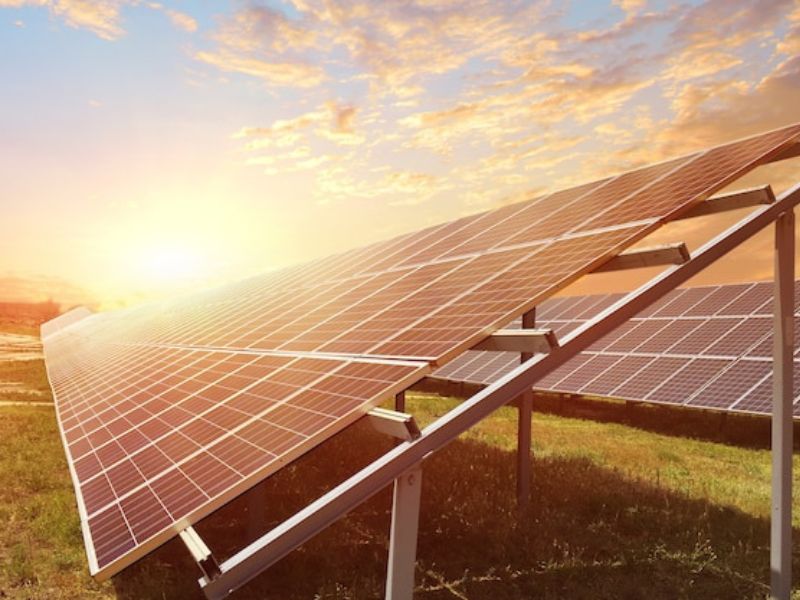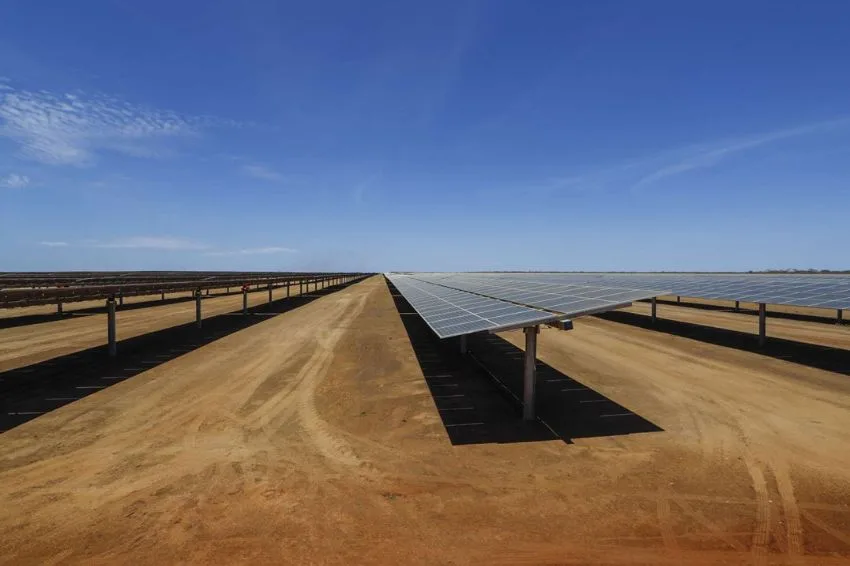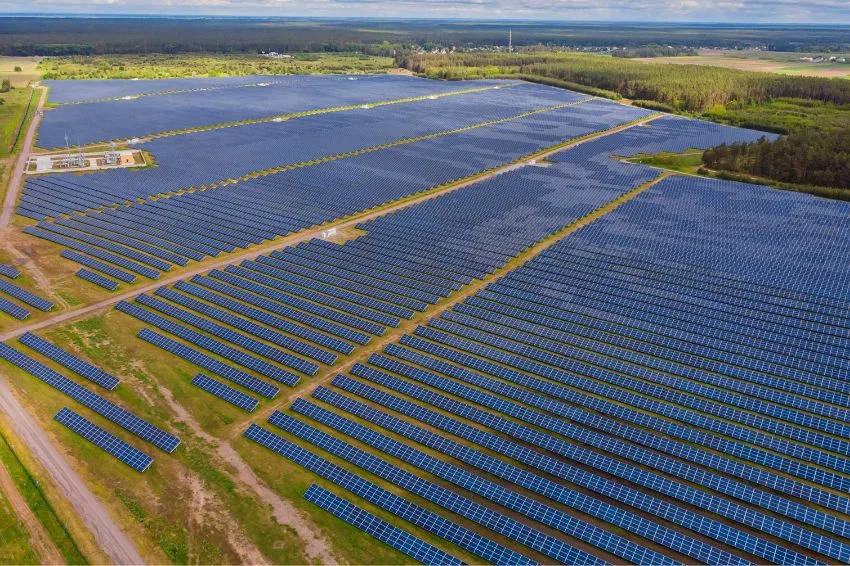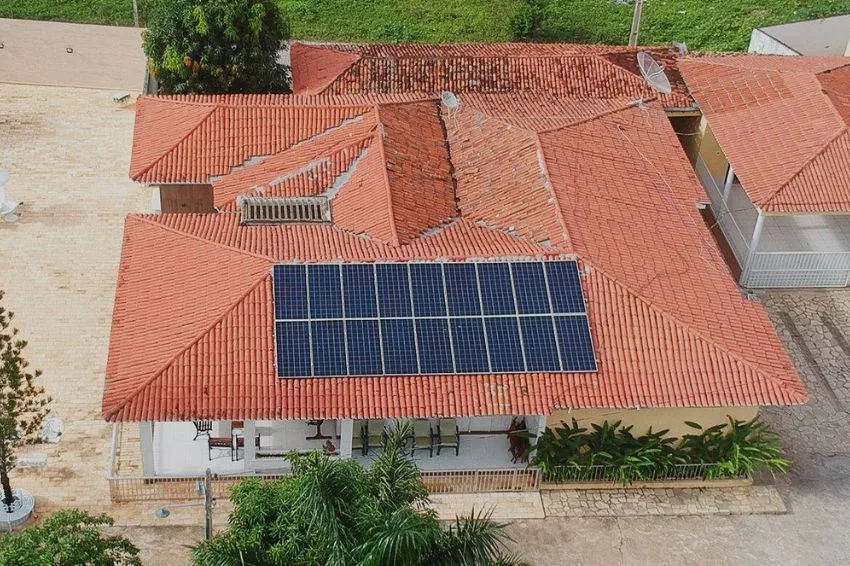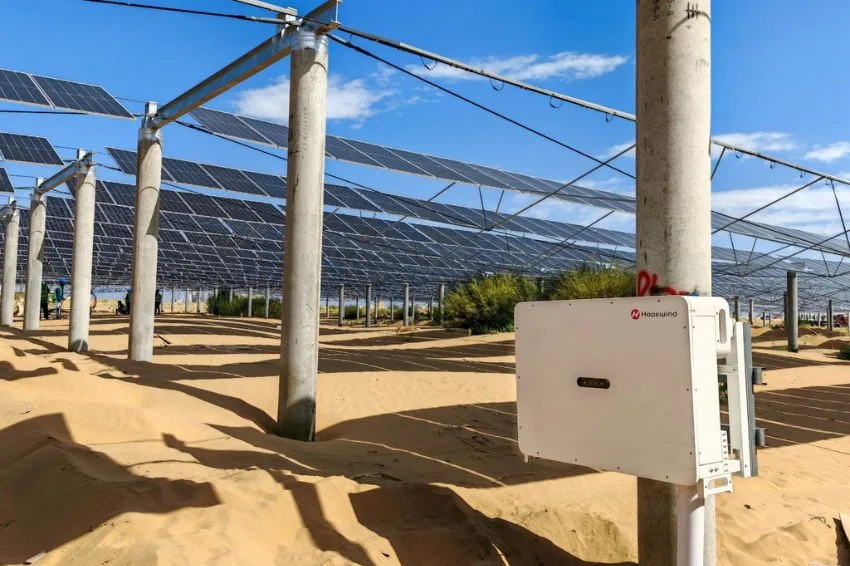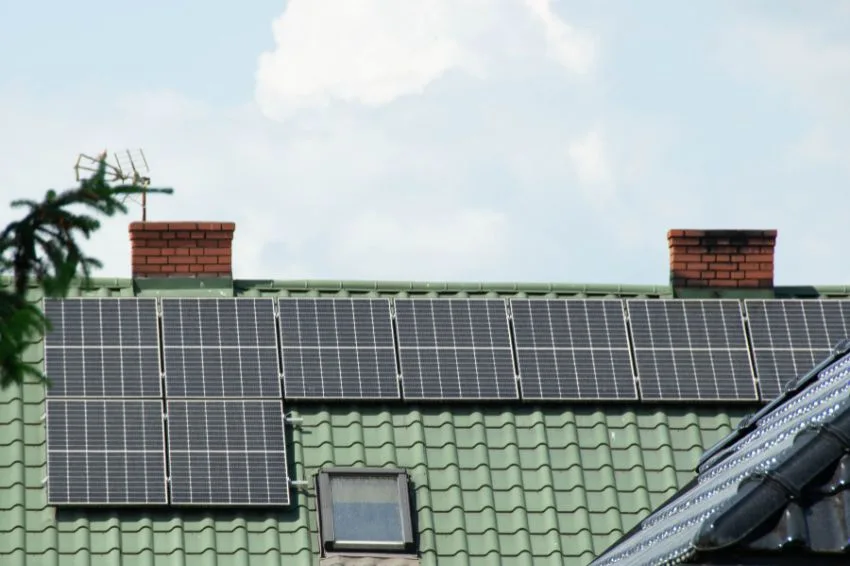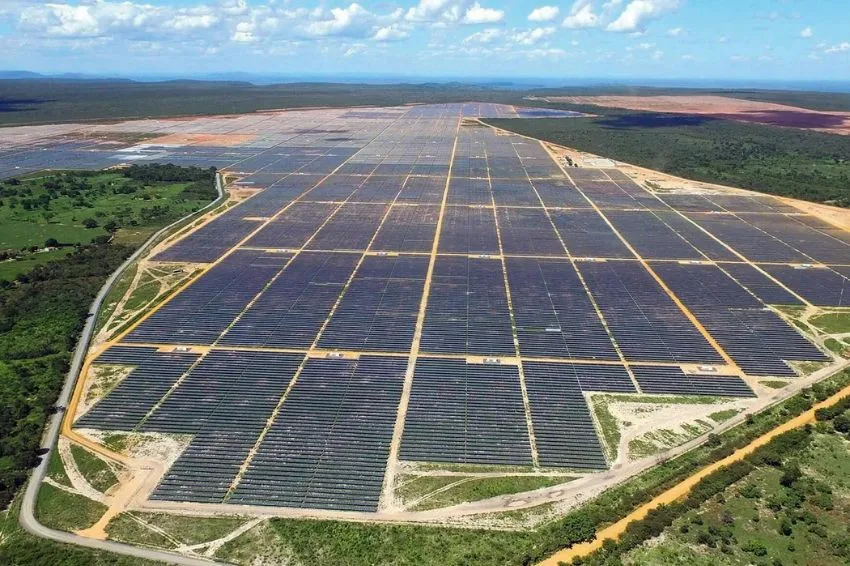O Brazil virtually will triple your current operational capacity in solar energy (22.9 GW) and will surpass the 66 GW mark of installed power until the end of 2027, according to projections from IEA (International Energy Agency, its acronym in English).
The number takes into account the sum of the capacity of large plants (centralized generation) and small own generation systems (distributed generation).
According to the IEA, in the next five years, The photovoltaic solar source will grow in Brazil (in terms of proportionality) more than in some nations that have always been considered leaders generation in the sector.
While Brazil will increase its operational capacity by almost three times, Germany, for example, will be close to just doubling its power volume, jumping from the current 65.9 GW to 126.6 GW in 2027.
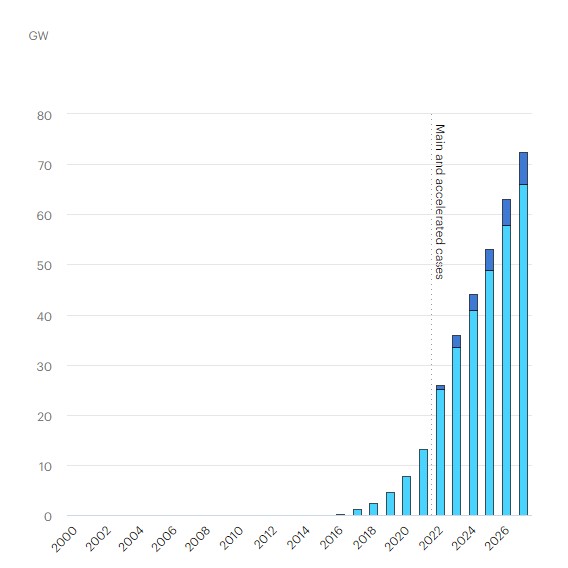
Furthermore, IEA estimates also show that the Brazil will have in five years a operational capacity from the solar source considerably higher than in many first world countries.
Among them are nations such as Spain, Australia, Italy, Netherlands, France, England – which in five years will have: 61 GW; 52.6 GW; 41.9 GW; 36.4GW; 31.6 GW and 26.4 GW, respectively.
By segment
According to the International Agency, of the more than 66 GW expected to be in operation in Brazil by 2027, around 35.3 GW should come from energy projects. utility-scale, while 14.8 GW should be related to residential systems and another 16 GW related to connections by commercial establishments.
Why is Brazil making so much progress in solar?
In an article recently written for the Solar Channel, Gustavo Tegon, co-founder of Solar Sphere, highlighted that several reasons explain why the solar energy sector has grown so much in Brazil.
According to him, in addition to the high cost of electricity and the fact that the country is privileged in solar irradiation, one of the main issues would be the price of photovoltaic systems on the market, which has become increasingly competitive and democratic.
The reduction in technology costs, as explained by Tegon, makes the systems more viable for an increasing number of people and companies.
“Proof of this is that more than half of the new systems are investments by class C and D families. Even the presence of SMEs as large consumers of solar energy indicates that panels are no longer a luxury for a few”, he wrote.
Check out Gustavo Tegon's full article by clicking here.


